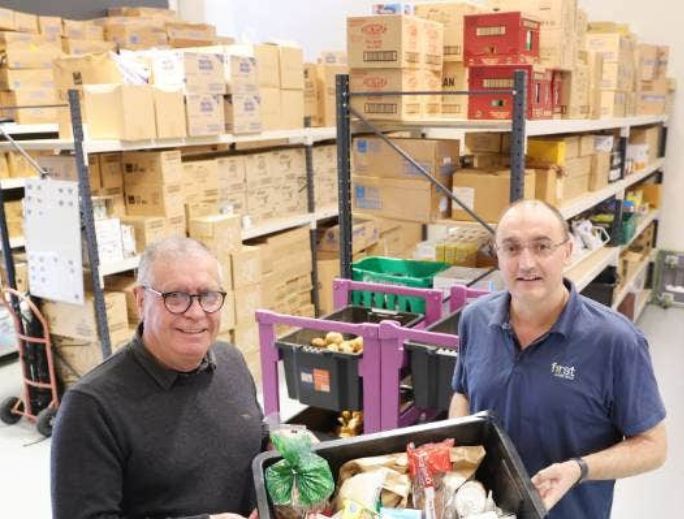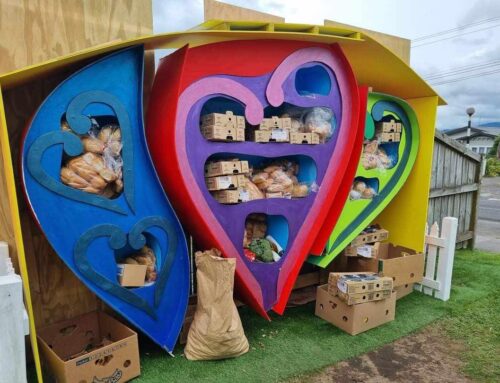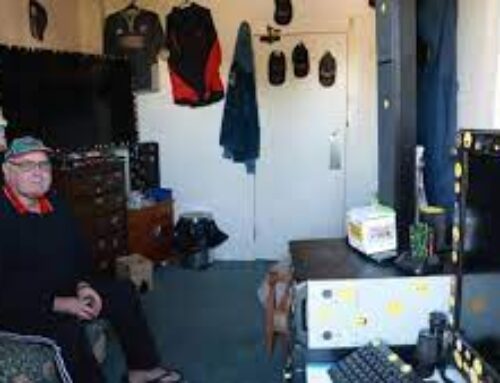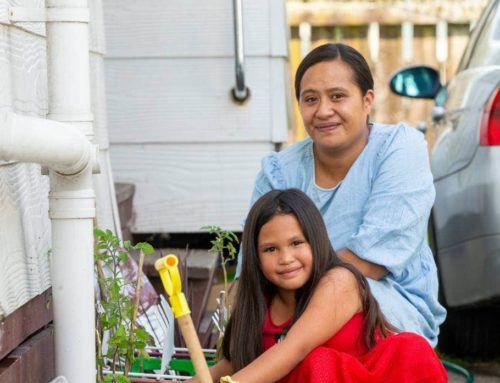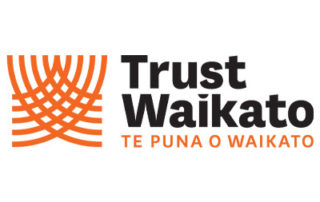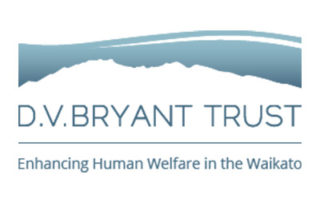Waikato Times by Avina Vidyadharan August 15h, 2022
New credit rules are making loans impossible for some and pushing them into buy now pay later arrangements, a lender says.
It’s an unintended consequence of recent loan regulations, First Credit Union general manager Simon Scott said, and their inflexible nature means his organisation now can’t help some people over short-term hurdles.
The Credit Contracts and Consumer Finance Act (CCCFA) came into effect on December 1 2021, requiring lenders to follow a robust process and ensure that lending is affordable and suitable. High inflation and rising food prices are also shaping the economic landscape.
“In the past we have been able to lend money to someone who needs a car to get to work. Now they have put so much regulation around it that they do not fit into the box, and we have to decline the loan,” said Scott, who is based in Hamilton.
Scott said the second step of fixing some problems in March next year would be like putting a “sledgehammer on a nut”.
“We know that buy now pay later (BNPL) is a complete scourge and the Government is just not doing anything about it.”
Scott said one of the members had signed up for 32 BNPL, with each one of a minimum $20.
“It’s incredible someone can get a debt, and it’s totally unregulated.
“To get a BNPL you don’t need to apply, just walk into the store. There’s no regulation or process to know whether they can afford this or anything that we have to go through.

Scott said the bank knew first-hand from members just how tough things were and made a $50,000 donation last week to eight foodbanks in Hamilton, Te Aroha, Tauranga, Whakatāne, Kawerau, Taupō, Rotorua and Ngāruawāhia – areas where FCU has branches.
With rising poverty and inflation, the one-off donation would be a good way of getting money down to the grassroots, Scott said.
Waikato’s Vinnies Food Bank provides approximately 350 food parcels in a month, and manager Mike Rolton said the money would help people struggling to afford food.
At least 30% of people who took help from Vinnies were new clients.
“Cost of living is the contributing factor… it was fuel cost, now it is food cost. We hear the price of vegetables has gone up 10 per cent. People just can’t afford to eat every other day of the week.
“We have a lot of people coming here who have to make a decision at night which kids are going to get fed and which adults are not that night.”
“Covid-19 really affected the people who had small businesses.”

The food bank distributed 4000 food parcels in 2021 but is expecting to deliver more than 5000 in 2022.
Te Aroha food bank manager Shirley Gillard said when they started 13 years ago, most clients were on benefits.
However, now more working-class people were relying on the food bank.
This donation will help our food bank to help more people in need, and the donation in itself is very generous.
“This year has been better than the first year of Covid, but the numbers are still high and above normal.”

